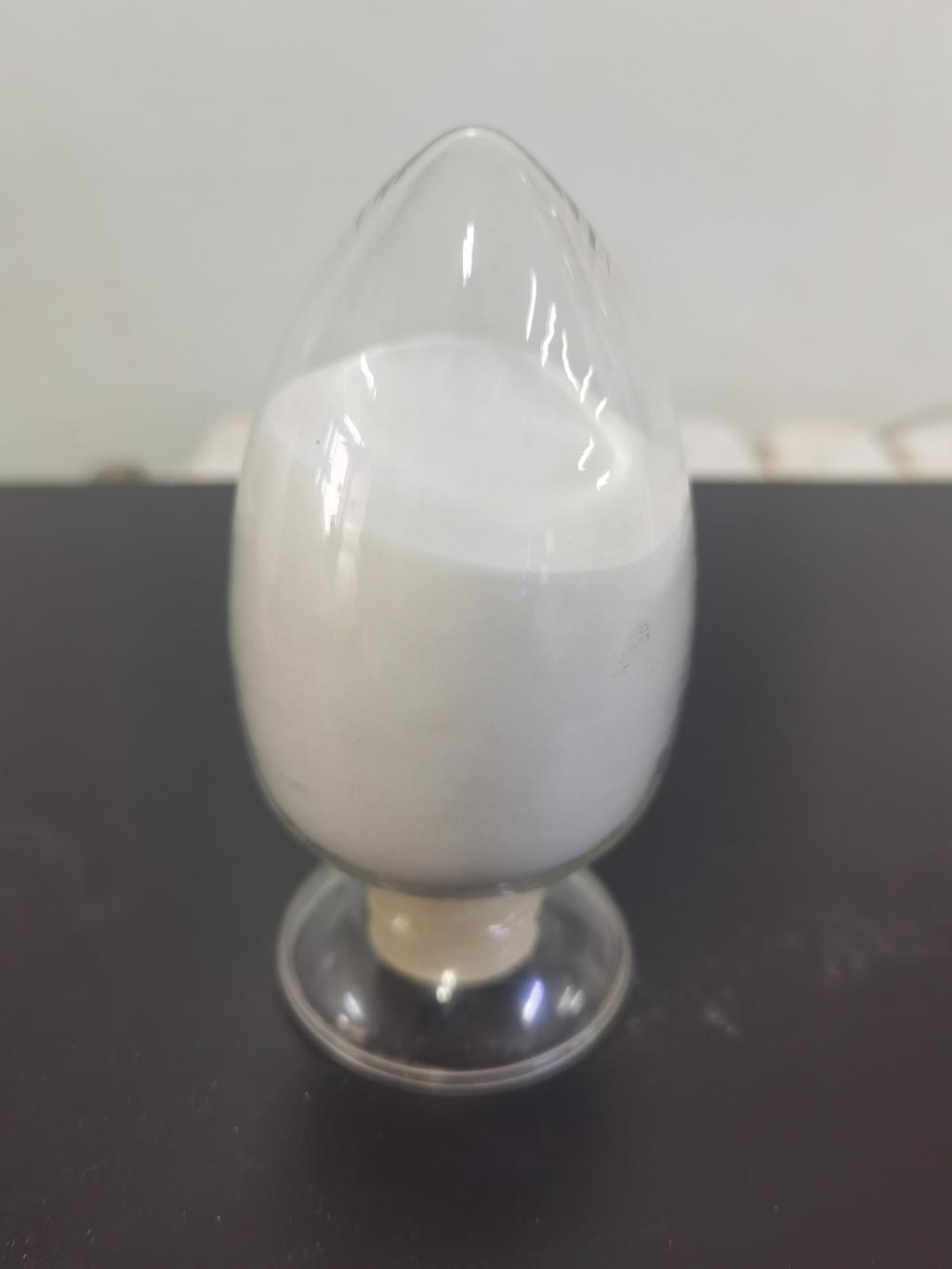Tel:0086 18231198596

News
Current Position:
Home >
News
>ε-Polylysine hydrochloride: A sustainable approach to food preservation.
ε-Polylysine hydrochloride: A sustainable approach to food preservation.
TIME:2024-04-29
ε-Polylysine Hydrochloride: An Overview
ε-Polylysine is a natural antimicrobial peptide produced by certain strains of bacteria through fermentation processes. It consists of multiple lysine residues linked by peptide bonds and exhibits broad-spectrum antimicrobial activity against a wide range of bacteria, yeasts, and molds. When ε-polylysine is hydrolyzed and neutralized with hydrochloric acid, it forms ε-polylysine hydrochloride, the form commonly used as a food preservative. ε-PL is water-soluble, heat-stable, and biodegradable, making it suitable for use in various food applications.
Sustainability in Food Preservation
Food preservation methods play a crucial role in reducing food waste and extending the shelf life of perishable foods. However, traditional preservation techniques often rely on chemical additives and synthetic compounds that may pose environmental risks and health concerns. Sustainable food preservation technologies prioritize environmentally friendly alternatives that minimize the use of synthetic chemicals, conserve resources, and promote eco-friendly practices throughout the food supply chain.
The Role of ε-PL in Sustainable Food Preservation
ε-PL offers several advantages as a sustainable approach to food preservation:
Natural Origin: ε-PL is derived from microbial fermentation processes and is considered a natural preservative. Its production involves renewable resources and bio-based feedstocks, reducing reliance on fossil fuels and minimizing environmental impact.
Biodegradability: ε-PL is biodegradable and readily breaks down into non-toxic byproducts in the environment. Unlike synthetic preservatives that may persist in the ecosystem and contribute to pollution, ε-PL poses minimal risk of environmental harm.
Reduced Food Waste: By inhibiting microbial growth and extending the shelf life of perishable foods, ε-PL helps reduce food waste along the supply chain. This contributes to resource conservation, energy savings, and lower greenhouse gas emissions associated with food production and distribution.
Green Labeling: ε-PL aligns with consumer preferences for clean-label ingredients and sustainable food products. Its natural origin and eco-friendly properties enhance the marketability of food products while promoting transparency and trust among environmentally conscious consumers.
Applications of ε-PL in Sustainable Food Preservation
ε-PL can be incorporated into a wide range of food products to enhance safety, quality, and shelf life while promoting sustainability:
RTE Foods: Ready-to-eat (RTE) foods, such as salads, sandwiches, and snacks, are susceptible to microbial contamination and spoilage. ε-PL can be used to control microbial growth and extend the shelf life of RTE foods, reducing the need for synthetic preservatives and additives.
Meat and Poultry: Fresh and processed meat products are prone to bacterial contamination and deterioration. ε-PL can be applied as a surface treatment or incorporated into marinades and coatings to inhibit microbial growth and maintain freshness, reducing food waste and enhancing sustainability in meat production.
Dairy and Plant-Based Products: Dairy products, including milk, cheese, and yogurt, can benefit from ε-PL as a natural preservative. Similarly, plant-based alternatives such as soy milk and almond yogurt can be preserved using ε-PL to ensure product safety and quality without compromising sustainability.
Beverages: Beverages, including fruit juices, soft drinks, and functional beverages, can be susceptible to microbial spoilage during production and storage. ε-PL can be added to beverages as a natural preservative to extend shelf life and maintain microbiological stability, reducing product loss and promoting sustainability in beverage manufacturing.
Challenges and Considerations
While ε-PL offers significant potential as a sustainable food preservative, several challenges and considerations should be addressed:
Cost: The cost of ε-PL production and incorporation into food products may be higher than synthetic preservatives, impacting affordability and market competitiveness. However, advancements in production technology and scale-up processes can help reduce costs and improve cost-effectiveness.
Regulatory Approval: Regulatory approval and compliance requirements vary depending on the jurisdiction and intended use of ε-PL. Manufacturers must ensure that ε-PL meets regulatory standards for safety, labeling, and permissible levels in food products to facilitate market access and consumer acceptance.
Consumer Perception: Consumer awareness and acceptance of ε-PL-preserved foods may vary depending on factors such as labeling, communication, and familiarity with the ingredient. Clear and transparent communication about the safety, efficacy, and sustainability benefits of ε-PL can help build trust and confidence among consumers.
Technological Compatibility: ε-PL may interact with other food ingredients and processing conditions, affecting product formulation, sensory attributes, and processing stability. Optimization of ε-PL applications and compatibility with existing food processing technologies is essential to ensure product quality and performance.
Conclusion
ε-Polylysine hydrochloride represents a sustainable approach to food preservation in the era of green technologies, offering effective antimicrobial properties while promoting environmental stewardship and resource conservation. Its natural origin, biodegradability, and broad-spectrum antimicrobial activity make it a valuable alternative to synthetic preservatives in a wide range of food applications. By embracing ε-PL as a sustainable food preservation solution, the food industry can reduce its environmental footprint, minimize food waste, and meet the growing demand for healthier and more eco-friendly food products.

 CONTACT
CONTACT




